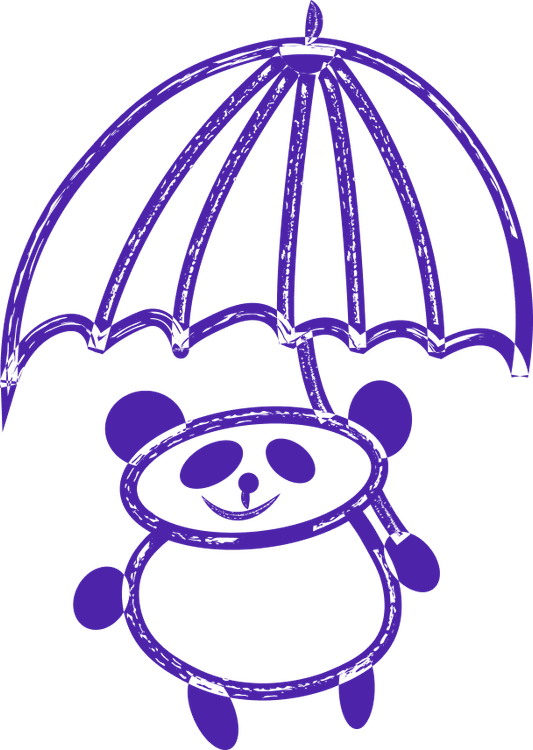
what is dynamic link library dll
What is Dynamic Link Library
DLLs are designed to provide a shared library of code and resources that can be dynamically linked to an application at runtime, rather than being statically linked during the compilation process. This dynamic linking allows multiple programs to utilize the same code without the need for redundant copies, resulting in reduced memory footprint and improved system performance.
One of the key advantages of DLLs is their ability to promote modularity and encapsulation. By encapsulating specific functionality in a DLL, developers can separate the implementation details from the main application, making it easier to maintain and update the software. This modular approach also enables developers to reuse DLLs across multiple projects, saving time and effort in the development process.
DLLs can contain a wide range of resources, including functions, data structures, classes, icons, and images. These resources can be accessed by any program that links to the DLL, allowing developers to leverage existing libraries and frameworks to expedite the development process. This promotes code sharing, collaboration, and code standardization, which are essential in the fast-paced world of software development.
In addition to promoting code reuse, DLLs also facilitate efficient memory management. When a program dynamically links to a DLL, only the necessary portions of the DLL are loaded into memory, reducing the overall memory footprint of the application. This dynamic loading of DLLs also enables on-demand loading, where specific DLLs are loaded only when required, further optimizing memory consumption.
Furthermore, DLLs provide a mechanism for extending the functionality of an application without modifying its core code. By adding or updating DLLs, developers can introduce new features, fix bugs, or enhance performance without the need to recompile or redistribute the entire application. This flexibility is particularly advantageous in large-scale software projects where frequent updates and modifications are common.
From a system perspective, DLLs play a crucial role in maintaining stability and compatibility. Since multiple programs can use the same DLL, system-wide updates or patches can be applied to a DLL, ensuring consistent behavior across all applications that rely on it. This centralized approach to updates minimizes the risk of introducing bugs or breaking compatibility, making DLLs an integral part of the Windows ecosystem.
In conclusion, a Dynamic Link Library (DLL) is a fundamental concept in software development, offering a modular, efficient, and flexible approach to code sharing and resource management. By encapsulating functions and data, DLLs promote code reuse, enable efficient memory management, facilitate extensibility, and ensure system-wide stability and compatibility. Embracing DLLs in software development can significantly enhance productivity, reduce development time, and improve the overall quality of applications. A dynamic link library (DLL) is a collection of small programs, which can be called upon by larger programs to perform specific tasks. These libraries contain code and data that can be used by more than one program at the same time, without having to duplicate the code. This helps to save memory space and allows for easier maintenance and updates.
DLLs are commonly used in Windows operating systems to help applications run more efficiently and share resources. They are loaded into memory only when needed, which helps to conserve system resources and improve overall performance. DLLs can contain functions, classes, variables, and resources that can be accessed by multiple applications simultaneously.
In addition to improving performance and reducing memory usage, DLLs also provide a way to modularize code and promote code reusability. This can help developers save time and effort by allowing them to reuse existing code rather than having to write new code from scratch. By understanding how DLLs work and how they can be utilized, developers can create more efficient and scalable applications.
Let’s build your next digital product — faster, safer, smarter.
Book a free consultationWork with a team trusted by top-tier companies.








